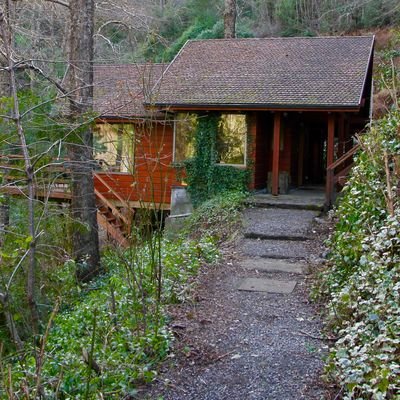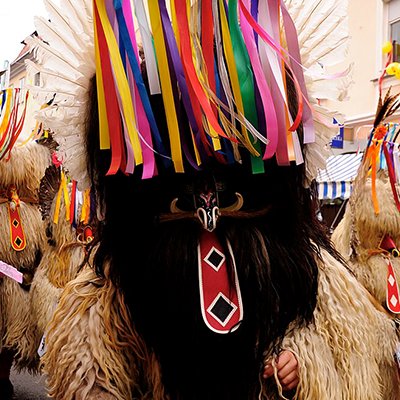There are plenty of buzzwords associated with ways to live your life. Hygge and wabi-sabi have both experienced popularity in recent years, most commonly associated with your home and your possessions. However, these interesting philosophies and ways of life from around the world can also be applied to your attitude towards travel. Here, we’ve shared five different philosophies from different corners of the globe and explained how they can be applied to travel.
Friluftsliv (Norway)
The Norwegian concept of friluftsliv is all about spending as much time as possible outdoors. In Norway, this means enjoying outdoor activities such as hiking and skiing while embracing the weather. There’s no such thing as bad weather – just bad clothes. It’s easy to apply this to travel by basing your trips around exploring the great outdoors. No matter what time of year you choose to travel, plan on heading outside as much as possible. Walk through a city or take a hike up a hill, partake in local and seasonal outdoor sports such as sledging, ice skating or swimming, or simply take your camera and photograph the local landscapes.

Hygge (Denmark)
Hygge reached peak popularity a couple of years ago and unfortunately became a selling technique for candles and blankets. There’s more to this Danish philosophy than meets the eye however. Hygge is about much more than creating a cosy ambience on a chilly winter’s day. It’s about that wonderful state of feeling warm and snuggly, surrounded by people and things that you love, eating delicious food, sipping warming drinks and feeling content. Translate this feeling into your travels by travelling with people who you feel comfortable with and staying in warm and welcoming places that feel like temporary homes. You’re more likely to enjoy a hyggelig holiday if you rent an apartment than if you stay in hotels.
Wabi-sabi (Japan)
Wabi-sabi is all about embracing imperfection and the allure of natural objects, rather than craving things that look shiny and new. It’s commonly applied to items such as ceramics and linens, but also as a general way of life in enjoying what you have and not craving a more ‘perfect’ life. When you travel, don’t expect your trips to be magically perfect and learn to love the flaws of your destinations. Embrace spontaneity, slow down and don’t be upset if your trip doesn’t go as expected.
Fernweh (Germany)
The German concept of fernweh basically translates as ‘far-sickness’. It’s the exact opposite of home-sickness; the feeling of craving travel. Think of a more extreme version of wanderlust. Embrace this feeling by listening to your heart and travelling whenever you feel the urge. If you’re feeling fernweh for a particular destination, go ahead and book that ticket. If you have the travel bug, why fight it?

Forest bathing (Japan)
Also known as shrinrin-yoku, the Japanese concept of forest bathing is a form of mindfulness that involves spending time outdoors among trees. To partake, all you have to do is take a slow walk through a local forest or woodland, allowing your mind to wander as you walk through the trees. Similarly to friluftsliv, it’s easy to adopt this philosophy when travelling by making it a priority to spend time outdoors. If you’re feeling stressed and agitated by being in a new place, find the closest woodland and take yourself for a relaxing walk, freeing your mind of any worries.
Emma Lavelle is a UK based writer and photographer and has her own blog Field and Nest.















